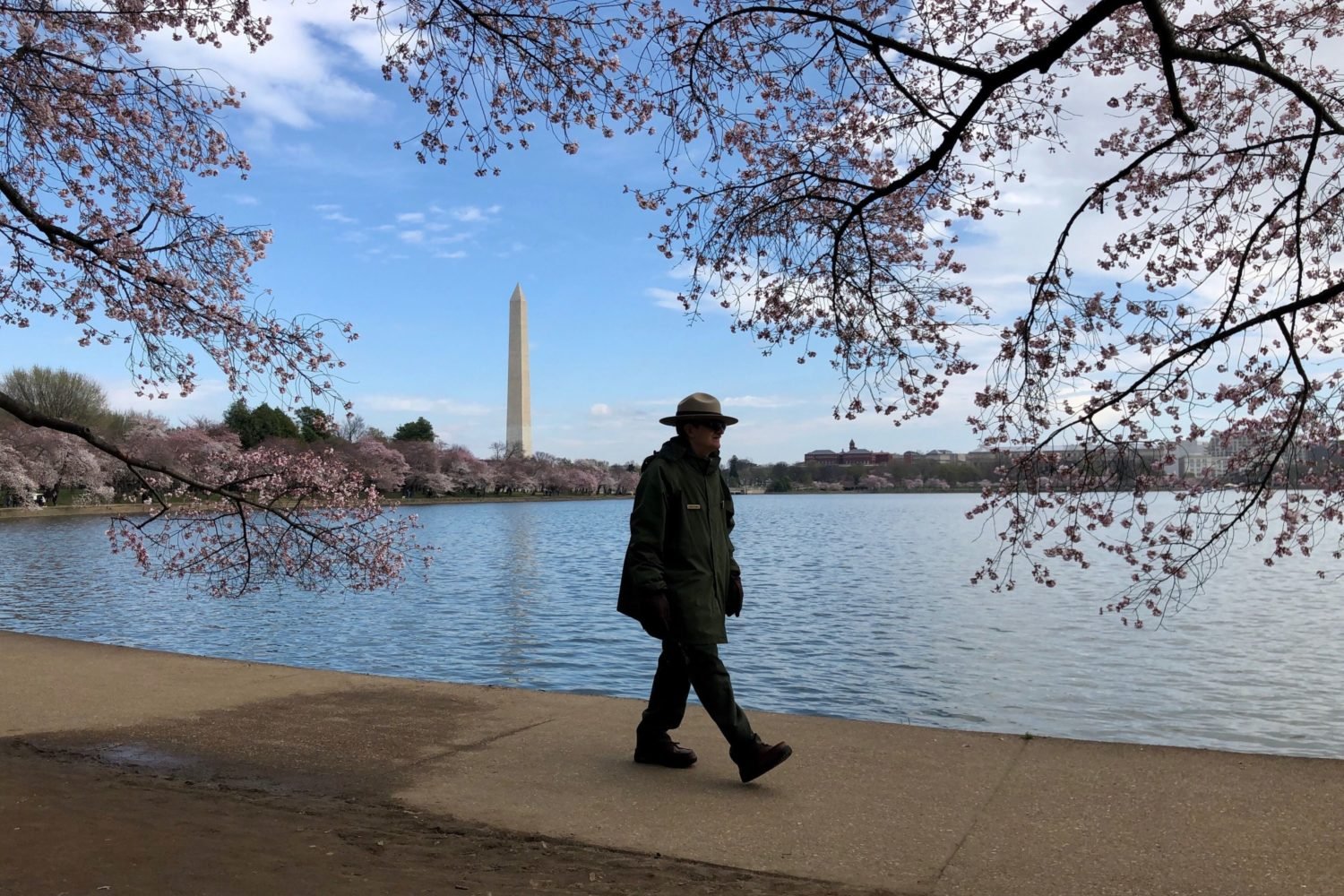About Coronavirus 2020
Washingtonian is keeping you up to date on the coronavirus around DC.

Dear Dr. Sulmasy,
I’m 26 years old and I work for a government contracting firm in Tysons. Last weekend, when I was out grocery shopping, I saw another shopper load five giant packages of toilet paper into his cart. It was upsetting to watch. I know that many grocery stores in the area are having trouble keeping toilet paper in stock, as a result of the panic-buying and hoarding that has accompanied the pandemic, and people are now running low on supplies. I’m a conflict-averse person by nature and I don’t like to start trouble, so I didn’t say anything to the shopper. But now I’m feeling guilty for not having told him how I felt about his actions. My question is this: If I see something similar happening again, what should I do? In a time like this, do I have an ethical responsibility to try and prevent hoarding when I see it taking place right in front of me?
Daniel P. Sulmasy, MD, PhD, acting director of the Kennedy Institute of Ethics and a faculty member of the Pellegrino Center, Georgetown University: You raise a number of important ethical concerns. A pandemic ought to make us more conscious of our interconnectedness and interdependence. We need each other not just for the companionship, but in order to survive. While not exactly a matter of survival, I’m sure even the person you saw hoarding realizes there is enough toilet paper in America for everyone, with or without this pandemic. Covid-19 only rarely causes gastrointestinal symptoms, so no one will need more toilet paper even if infected. All anyone needs to do is to consume this product at his or her usual rate. We should be able to count on each other at least for that. In contrast to this spirit of concern for the common good, American values tend to be individualistic. This is not a time, however, for “looking out for number one.” Even were one to say that hoarding toilet paper is okay because no one will die without toilet paper, a potential hoarder should reflect for a moment on his or her own motive. People don’t want to be caught without toilet paper because of concern about personal hygiene and pride. Someone might also say, “I need a two-month supply because shopping is dangerous.” Yet the reasons anyone would give in attempting to justify hoarding toilet paper are the same reasons others would give for why no one ought to hoard it. Everyone is concerned about personal hygiene. Everyone is concerned about the dangers of shopping and becoming infected. Hoarding generally deprives others of access to goods that everyone wants and deserves equally. That’s what makes it wrong.
That said, how should one respond to obvious public wrongdoing by others? Again, in a society as individualistic as ours we are loath to question others or make public judgments about their behavior. And it is psychologically hard to confront another person. What if I am wrong and this person has Crohn’s disease and needs more toilet paper? Fortunately, there are alternatives. It is usually easier to have rules set by institutions, so you might seek out the manager and ask if the store has a policy about hoarding. Many stores have now instituted limits on purchases in order to distribute their supplies more broadly. If there is no policy, it is still easier for the store manager to intervene on behalf of the institution than for you to do so as an individual. The manager can say, “We are sorry, but you can’t purchase 100 rolls of toilet paper. Our limit is 20 rolls per customer so that there will be enough for everybody.”
What if the manager shirks this responsibility? Then I think it might fall back on you. You should first make a judgment about whether it is wise to intervene. If the person seems mentally ill (displaying other unusual or paranoid behavior), it probably will not be fruitful to make a rational moral argument. But if the person does not appear mentally ill and you can muster the courage, the best thing to do would be to intervene, politely and gently. “I notice your cart is filled with toilet paper. I know this coronavirus thing is awful and I’ll bet you’re as anxious as I am, but I assume you know there is a shortage right now, so I was wondering if there is some reason? It makes me very nervous to say anything like this, and I want to assume the best in people, so please forgive me, but do you need all this toilet paper to supply a large institution or something? Do you have some illness that increases your need? If not, then maybe you could give some more consideration to the needs of others before making your purchase? There will be enough for everyone if we look out for each another and share. I have no authority to make you do anything, but I just thought I needed to say something. We all ought to be able to call each other to account, especially at a time like this. Thanks for listening.”
Be prepared to be cursed, mocked, or angrily rejected. But don’t be surprised if you do prick the conscience of someone who will say, “Gosh, you’re right. I’m just panicking. I do need to think about others.” And even someone who initially rejects your advice may eventually come to change his mind.
Thanks for being a concerned citizen interested in doing what is ethically right.
If you have a question for the Coronavirus ethicist, please email lmullins@washingtonian.com.
















